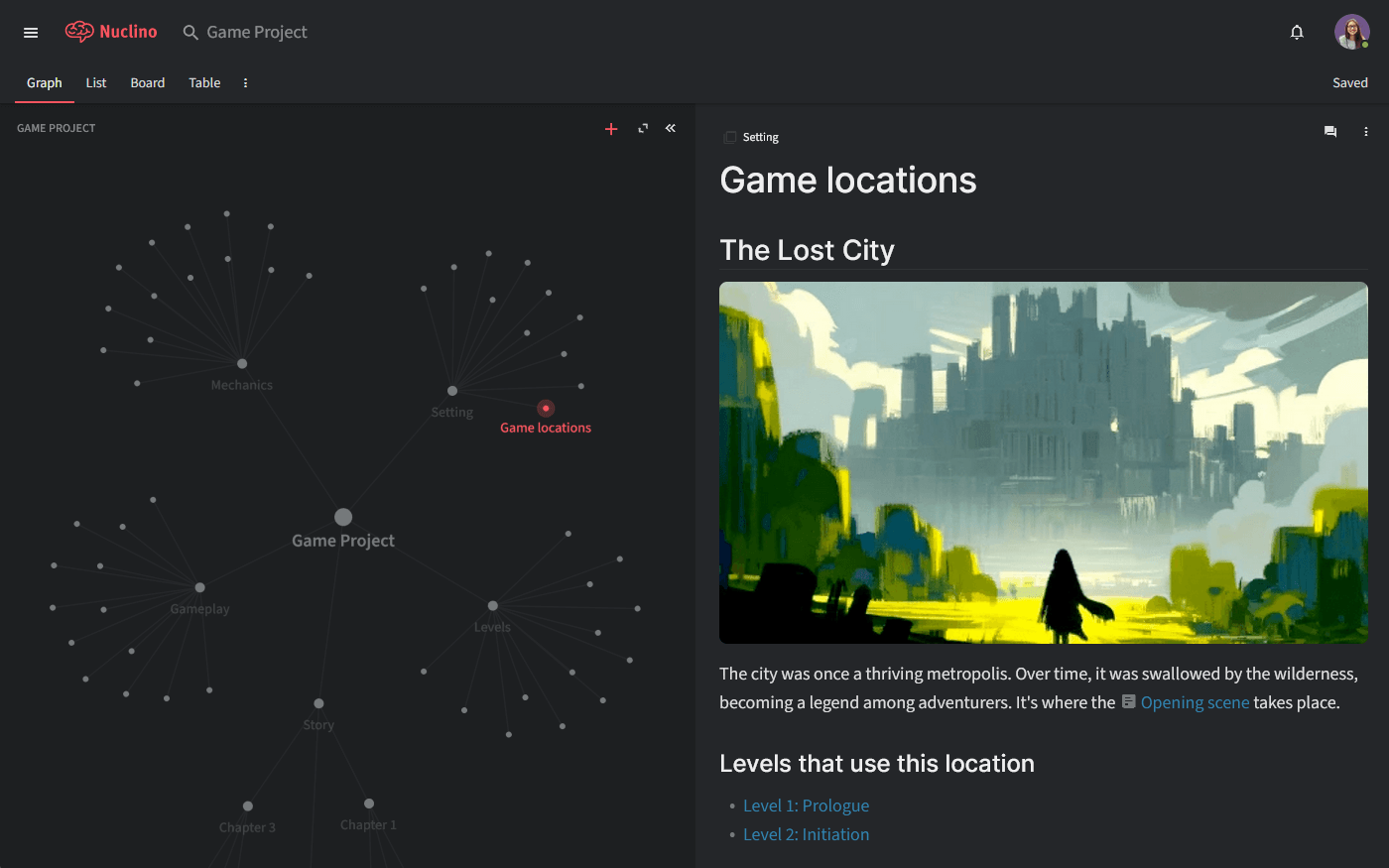
That’s the case with Milanote, and it’s easy to imagine this attack method reaching other popular cloud-based collaboration apps, potentially causing major damages to companies of all sizes and industries.” Where there are lapses in security, hackers will find them. A holistic security solution cannot ignore these apps. “It can be anywhere, hosted in apps that companies use on a daily basis. “Phishing content doesn’t just lie in email,” the researchers conclude. Attackers can abuse many legitimate services to bypass security filters. Because the scanner doesn’t go that deep, hackers can leverage these services to host their content and easily send it to users.”Īvanan notes that this isn’t unique to Milanote. This is part of a larger trend of hackers utilizing legitimate services to host malicious content. “In response, hackers are bypassing those detection mechanisms by nesting the payloads in deeper layers within legitimate services, fooling the static scanners. “Other services use static scanners to scan attachments or links for malicious payloads,” the researchers write. This helps the phishing emails to slip past security filters, since the emails themselves don’t contain malicious links or attachments. These files contain a link to a Milanote page, which in turn has a link to the actual phishing page.

The attackers are sending emails with PDF attachments disguised as invoices. Of the 1,430 most recent emails where Milanote is used, 1,367, or a staggering 95.5%, of them have been phishing.”


“Hackers have noticed, which is why Avanan analysts have noticed a dramatic increase in attacks utilizing files hosted on Milanote. “Major companies, including Uber, Chanel, Facebook, Google, and Nike, among many others, use in their daily work,” the researchers write. Researchers at Avanan warn that attackers are exploiting the collaboration and note-taking app Milanote to host phishing links.


 0 kommentar(er)
0 kommentar(er)
